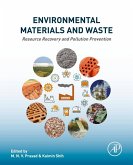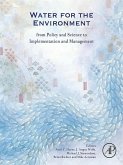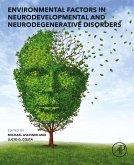This revised edition deals with the design, operation, maintenance, and water quality monitoring of traditional and novel wetland systems, but also provides information on the analysis of asset performance and modeling of treatment processes, along with performances of existing infrastructures in predominantly developed, but also developing countries, and the sustainability and economic issues involved.
This new edition contains 10 new chapters, along with multidisciplinary, experimental, and modeling-orientated case study topics that include natural wetlands, constructed treatment wetlands for pollution control, sustainable drainage systems, and specific applications, such as wetlands treating hydrocarbon and ammonia, as well as ecological sanitation systems recycling treated.
- Contains a broad overview of water and environmental engineering aspects relevant for the drainage and treatment of storm water and wastewater, respectively
- Includes standard and novel design, operation, monitoring and maintenance recommendations for predominantly constructed wetlands and related sustainable drainage systems
- Provides detailed solutions to pressing water quality challenges associated with constructed treatment wetlands, integrated constructed wetlands, sustainable flood retention basins, farm constructed wetlands and storm water ponds, and other sustainable biological filtration and treatment technologies linked to public health engineering
Dieser Download kann aus rechtlichen Gründen nur mit Rechnungsadresse in A, B, BG, CY, CZ, D, DK, EW, E, FIN, F, GR, HR, H, IRL, I, LT, L, LR, M, NL, PL, P, R, S, SLO, SK ausgeliefert werden.









